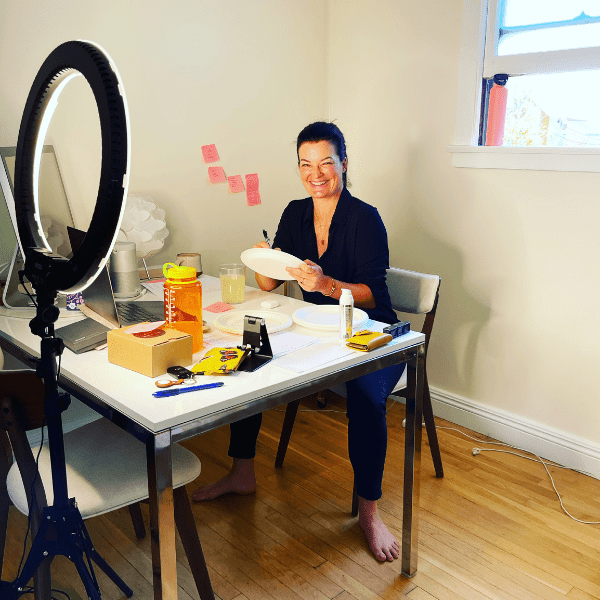The Reality: 76% of Women Feel Unsupported at Work During Menopause
You're in the middle of an important presentation when a hot flash hits. Your face turns red, you start sweating, and you lose focus. If this sounds familiar, you're definitely not alone—but you might feel like you are.
The stats are eye-opening: 76% of women report having no workplace accommodations for menopause, and only 31% feel comfortable discussing it at work. With menopause lasting 7-14 years and affecting 90% of women 35+, it's time we change the conversation.
The Hidden Workplace Cost
The numbers don't lie:
-
$1.8 billion in lost work time annually in the US
-
49% of women say menopause impacts their job performance
-
42% report symptoms have hurt their career ambitions
But here's the good news: you can thrive during this transition with the right strategies.
5 Strategies to Master Menopause at Work
1. Build Your Menopause Toolkit
Create a workplace survival kit: desk fan, cooling gel pads, comfortable layers, water bottle, and healthy snacks. Track your symptoms to identify patterns and prepare accordingly.
2. Communicate Strategically
You don't need to share everything, but having a plan helps. With your manager, focus on solutions and productivity. Frame requests around specific accommodations like flexible hours or temperature control. Build a support network with trusted colleagues.
3. Advocate for Flexibility
67% of women find hybrid/remote work makes symptoms easier to manage. Make a business case for:
-
Adjusted work hours during difficult days
-
Work-from-home options during challenging periods
-
Flexible break schedules
-
Access to quiet spaces when needed
4. Prioritize Your Wellness
Since 48% of women worry they're seen as less stable during menopause, managing your physical and mental health is crucial.
-
Regular exercise for mood and energy
-
Stress-reduction techniques
-
Quality sleep (even when challenging)
-
Balanced nutrition for hormone support
-
Professional support when needed
5. Be THE Change
With over 500 companies now committed to being "menopause friendly," you can drive change:
-
Research and propose menopause-friendly policies
-
Start or join women's health employee groups
-
Share educational resources with HR
-
Normalize conversations about women's health
Breaking the Silence
70% of women are comfortable talking to friends about menopause, and workplace conversations are growing. When we speak up, we realize we're part of a powerful community of professional women that are in this together.
Your Career Doesn't Pause for Menopause
While 84% of unsupported women say symptoms negatively affect work, those with support report much better experiences. Remember:
-
You're not alone—millions of professional women share this journey
-
Symptoms are temporary; your coping strategies last forever
-
Speaking up about needs shows leadership, not weakness
-
Every conversation helps normalize this for other women
Take Action Today
Start with one strategy and build from there. Whether it's creating your toolkit, having that conversation with your manager, or simply acknowledging your experience is valid—take that first step.
Your career can feel rewarding during menopause and even beyond. It might look different than you originally planned, and that's perfectly okay.
Quick FAQ
Q: Do I have to tell my employer about menopause? A: No, but sharing relevant details can help you access support and accommodations.
Q: How long do symptoms typically last? A: The transition can last 7-14 years, though intense symptoms often improve with proper management.
Q: What if my workplace has no menopause policies? A: You can help create change by researching best practices and connecting with HR about policy improvements.
